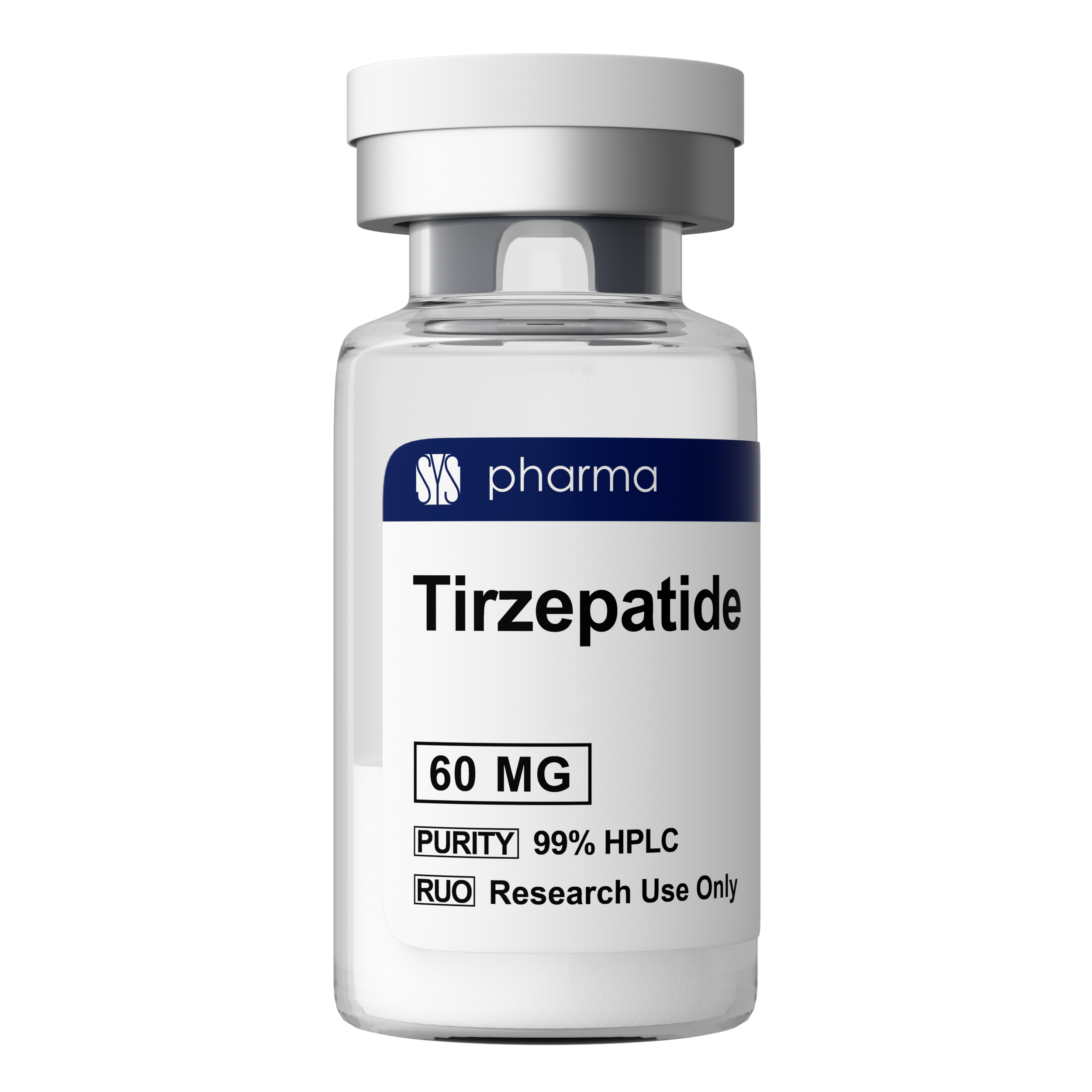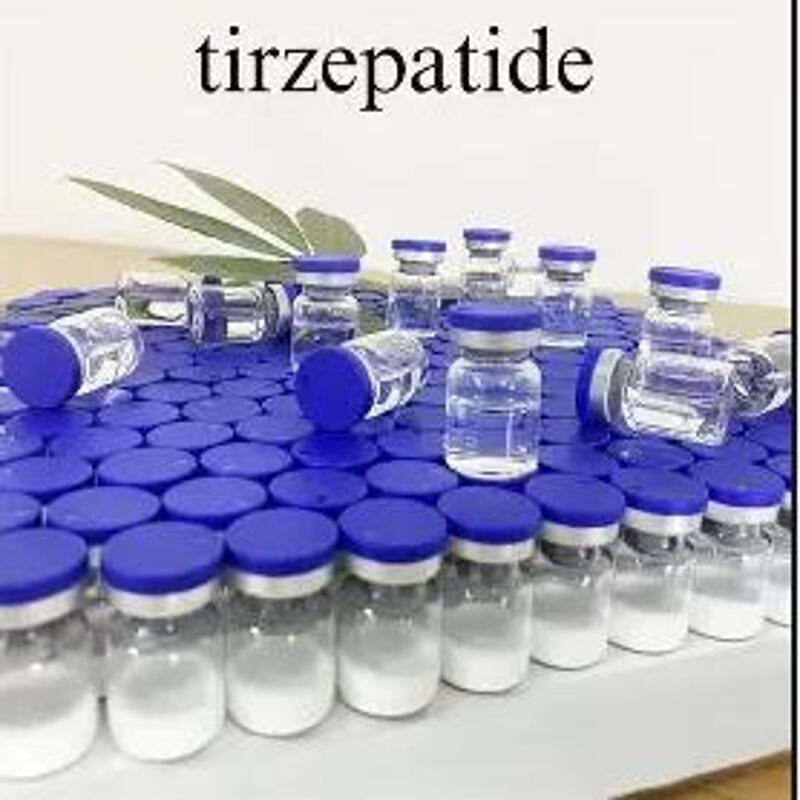-
Categories
-
Pharmaceutical Intermediates
-
Active Pharmaceutical Ingredients
-
Food Additives
- Industrial Coatings
- Agrochemicals
- Dyes and Pigments
- Surfactant
- Flavors and Fragrances
- Chemical Reagents
- Catalyst and Auxiliary
- Natural Products
- Inorganic Chemistry
-
Organic Chemistry
-
Biochemical Engineering
- Analytical Chemistry
-
Cosmetic Ingredient
- Water Treatment Chemical
-
Pharmaceutical Intermediates
Promotion
ECHEMI Mall
Wholesale
Weekly Price
Exhibition
News
-
Trade Service
Viela Bio's anti-CD19 monoclonal antibody inebilizumab has filed two applications for market in China, according to a new announcement on the website of the Drug Review Center (CDE) of the State Drug Administration of China.
first approved in the U.S. in June for the treatment of patients with optic neurospinal cord disease (NMOSD).
, which has been recognized by the FDA for breakthrough therapies and orphan drugs, is the first innovative treatment approved by the FDA less than two and a half years after Viela Bio was formally established.
note that Howson Pharmaceuticals has entered into a partnership with Viela Bio to develop and commercialize in China, involving up to $220 million.
Inebilizumab is a highly affinity for CD19 with humanized monoclonal antibodies.
CD19 is a widely expressed antigen in B-cell cancer, which enhances the signaling path path of B-cell-mediated, supports B-cell survival, and is an important target for B-cell cancer.
, CD19 is expressed in a variety of classes of B cells, including pulp cells and plasma cells that secrete antibodies.
in combination with CD19 antigens, these cells can be quickly removed from the blood circulation, thereby reducing the production of autoantibodies, thereby improving the patient's symptoms.
introduction to inebilizumab (Photo source: Resources 2) In a key clinical trial called N-Momentum, 230 NMOSD patients ( including 213 AQP4 antibody-positive patients) were randomly treated with inbilizumab monotherapy or placebo.
study reached the main endpoint of the trial, inebilizumab reduced the risk of NMOSD seizures by 77% in patients who were positive against AQP4 antibodies.
6 months after treatment, 89% (vs 58%) of anti-AQP4 antibody-positive patients did not have a seizure.
, the FDA approved inbilizumab for the treatment of patients with optic neurospinal cord disease who carry antibodies targeting the AQP4 water channel protein.
, according to a press release issued by the FDA at the time, this is the second innovative treatment approved by the FDA to treat such patients.
an earlier press release from Viela Bio, Professor Bruce Cree, lead researcher on the N-Momentum trial, said NMOSD is a challenging disease.
suffer unpredictable seizures that can lead to permanent disabilities such as blindness, paralysis, etc.
addition, each subsequent attack can lead to a worsening of disability.
clinical studies have shown that inebilizumab significantly reduces the risk of seizures and reduces hospitalization in the case of single-drug treatment.
" is an important new treatment that provides doctors and patients with proven efficacy, good safety and twice-yearly dosing.
," he said.
the role of inebilizumab (Photo: Viela Bio's official website) in China, the application for a clinical trial of inebilizumab injections was first accepted by CDE in February 2018.
May 2019, Viela Bio announced a cooperation agreement with Howson Pharmaceuticals to jointly promote the development of in-inebilizumab for the treatment of NMOSD, autoimmune diseases and hemagnancy in China.
agreement, Howson Pharmaceuticals will be responsible for the development and commercialization of the product in China, and Viela Bio will receive a milestone payment of more than $220 million from Howson Pharmaceuticals.
is the first time the product has been submitted for listing in China.
if successfully approved in China, it will also bring an innovative therapy to patients with optic neurospinal cord disease in China and benefit more people.
NMOSD is a rare and severe neuro-inflammatory autoimmune disease.
80% of NMOSD patients produce autoantibodies to a water channel protein called AQP4 in the body.
these autoantibodies, which target AQP4, are mainly combined with astrological glial cells in the central nervous system, triggering attacks on the optic nerve, spinal cord, and myelin, which protects nerves in the brain.
symptoms in patients include vision loss, paralysis, nerve pain, and even respiratory failure.
for these patients, they urgently need innovative therapies to improve their condition.
, in addition to targeting NMOSD, inebilizumab is expected to reach a wider patient population.
According to publicly available data, Viela Bio has filed a clinical trial application with the FDA to initiate Phase 3 critical and Phase 2b clinical trials in patients with severe muscle weakness and IgG4-related diseases to further validate the efficacy of inebilizumab, given that autoantibodies secreted by B cells also play an important role in a variety of other diseases.
Bio, a clinical biotech company focused on developing treatments for severe inflammation and autoimmune diseases, has developed a pipeline (Photo: Viela Bio.com).
the company, which separated from the former MedImmune in February 2018, received a $250 million round of A financing from well-known venture capital institutions such as Boyu Capital, Tong and Yu Cheng, and Qualcomm Capital.
by Viela Bio implied that the allergy was dry syndrome.
.







